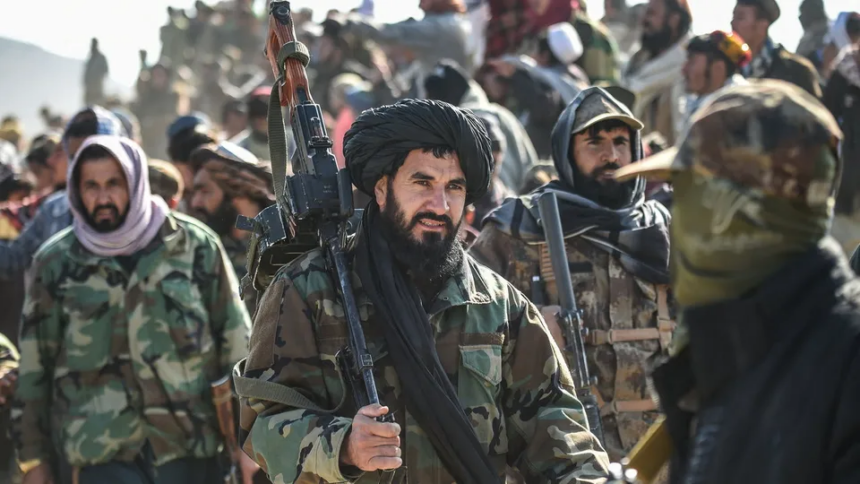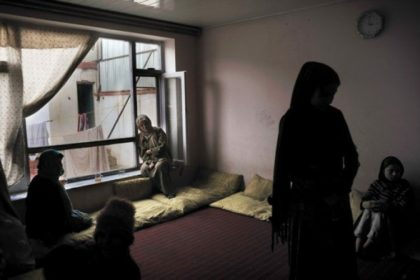RASC News Agency: Several former Afghanistani government officials have accused the Taliban of functioning as a covert proxy force for the United States in Afghanistan and the broader region. These officials contend that the group operates under Washington’s directives, advancing American strategic interests while maintaining a facade of defiance. In an interview with the Indian newspaper Deccan Herald, Amrullah Saleh, former vice president of Afghanistan, characterized the Taliban as a “covert proxy of Western intelligence agencies, particularly the United States.”
Saleh also expressed skepticism regarding U.S. President Donald Trump’s recent remarks about reclaiming $7 billion worth of American weaponry left behind in Afghanistan. “I am uncertain whether this is merely political rhetoric or if it will be followed by concrete action,” he stated. He further suggested that Trump’s demand might be a symbolic maneuver aimed at creating the illusion of pressure on the Taliban while, in reality, reinforcing the notion that the group remains under Washington’s influence.
“Trump wants to publicly pressure the Taliban while simultaneously laying the groundwork for increased U.S. cooperation and support behind the scenes,” Saleh asserted. The former official also claimed to possess evidence indicating that approximately 100,000 NATO and U.S.-supplied weapons mysteriously disappeared following the Taliban’s takeover. Previously, Rahmatullah Nabil, former head of Afghanistan’s National Directorate of Security (NDS), had similarly accused the Taliban of acting as a U.S. proxy force, alleging that the group has consistently aligned its actions with American strategic interests.
The Taliban assumed control of Afghanistan following the U.S.-Taliban Doha Agreement, a deal that facilitated their return to power. Since their takeover, the group has largely refrained from openly criticizing the United States, instead focusing on cultivating a pragmatic relationship with Washington. In recent weeks, the Taliban have intensified efforts to formalize diplomatic engagement with the U.S., including lobbying for the reopening of the U.S. Embassy in Kabul. Last week, a high-level U.S. delegation traveled to Kabul for direct talks with Taliban officials, with reports indicating that discussions were heavily focused on the embassy’s potential reopening.






